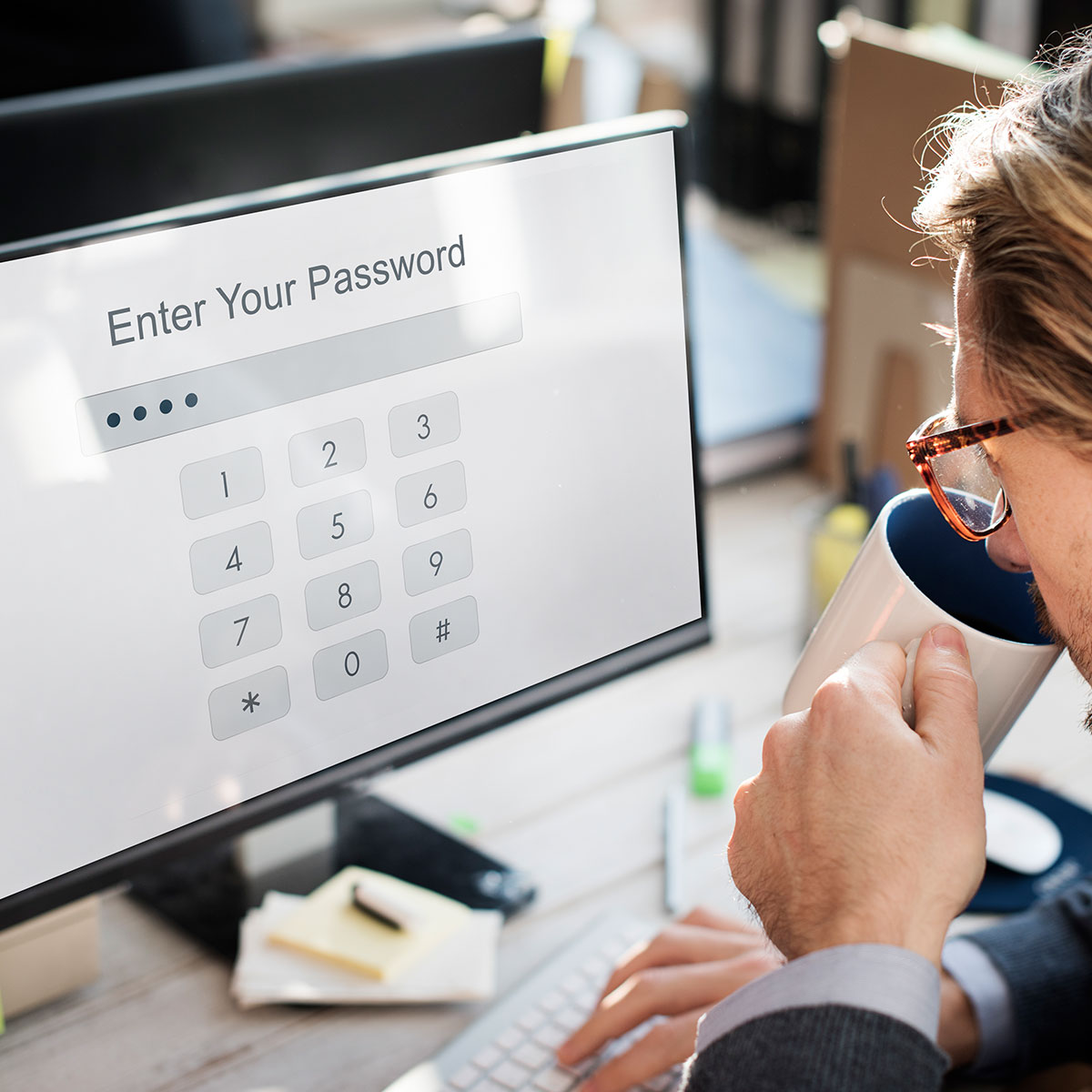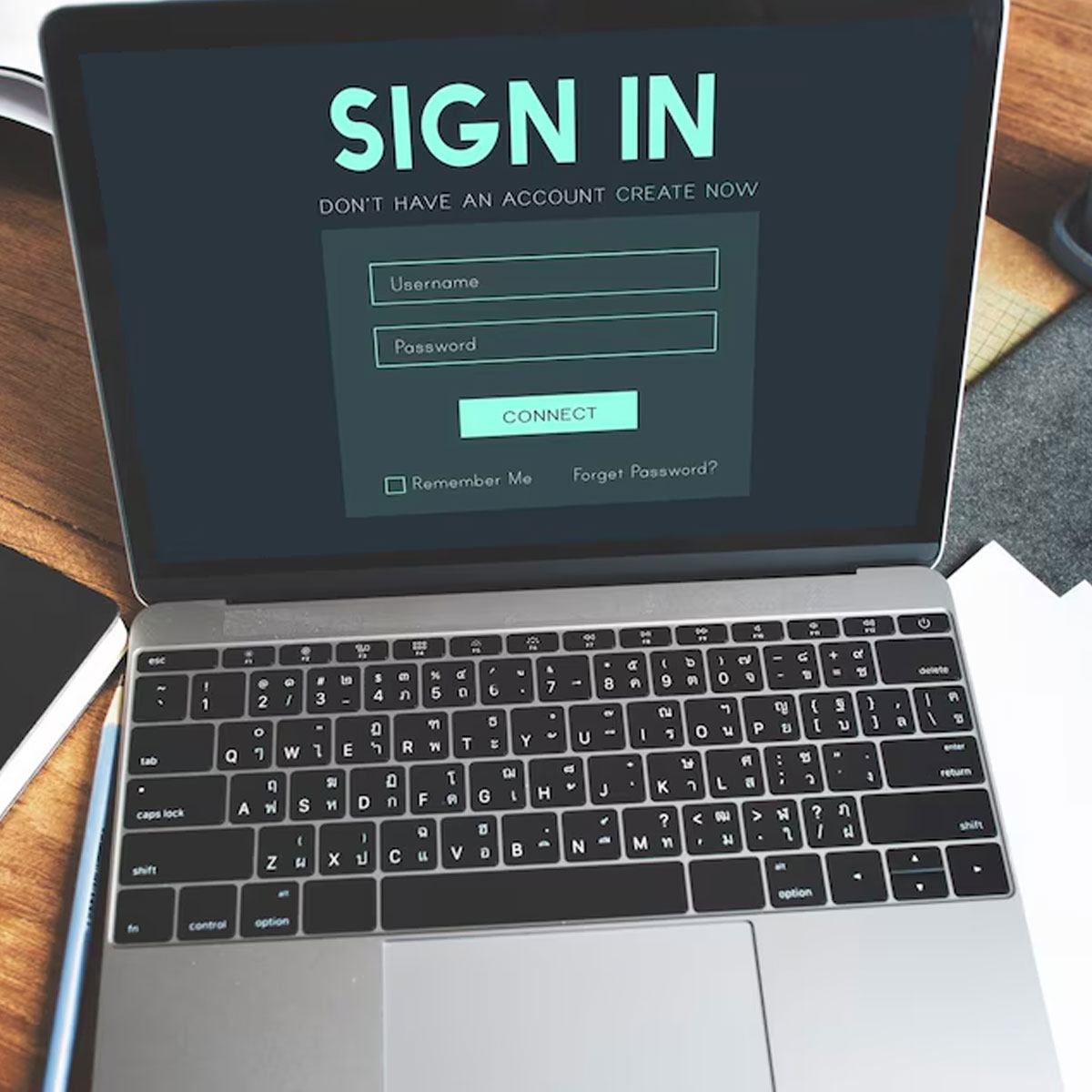WordPress has become famous and is considered a straightforward content management system (CMS) for developing websites, as over 44% of websites are built on it.
That makes WordPress classier to use!
While it is notable for its reliability and usability, WordPress also holds a standing for being a common target for hacking attempts. This hacking attempt rate leads to a security topic of enormous importance for every developer.
If you’re seriously concerned about your website’s security, you need to consider the best practices that will ensure its security.
Whether you want to secure your personal WordPress site or manage a business WordPress website, you need to opt for the right approach, paying great attention to detail to have a secure website.
This guide will help you get insight into the best guards and security vulnerabilities you can allot to your website for safety purposes.
When everyone is too familiar with the importance of the application presence and can be utilized through mobile, the best way is to use them correctly and make your living through them.
Tackling on the app development is an exhilarating endeavor, especially when armed with the progressive programming language of React Native. This versatile framework, born from the ingenious minds at Facebook, offers a seamless bridge between your app idea and its definite existence on iOS and Android platforms.
Why is Website Security Important?
Website security is considered necessary in many ways. It serves the following purposes including;
Protecting Data
When you build a website, you often allow them to collect and store sensitive information such as personal details, payment information, and login credentials. Security measures assist in preventing unauthorized access and data breaches.

Maintaining Trust
The central pillar of the website is to maintain trust. A secure website builds trust with visitors and customers. They are likely to share their information and transact with a trustworthy website in response to keep their data safe.

Preventing Malware and Attacks
Security measures help prevent malware infections and attacks such as phishing, ransomware, and DDoS (Distributed Denial of Service) attacks, which can disrupt operations and compromise data.

Maintaining Reputation
Once you allow a loophole in your security, where the damage starts occurring, a security breach can damage a website’s reputation and cause a loss of customers and revenue. Investing in security measures helps protect your brand’s reputation.
Compliance
Many industries have regulations and compliance requirements related to data protection. Implementing security measures helps ensure compliance with these regulations.
Avoiding Legal Consequences
A security breach can significantly lead to legal consequences, including fines and lawsuits if customer data is compromised.
Best Practices to Keep Your Website Safe
Here are some best practices you can make to secure your website from the threat of being hacked.
Keep WordPress Updated
The first thing you need to look out for is the updates of WordPress, themes, and plugins, which are crucial for security. Updates often include security puzzles that save for known vulnerabilities that hackers can exploit.
To manage all this, you must enable automatic updates for WordPress core, themes, and plugins whenever possible. Regularly check for updates and apply them promptly to be saved from unknown errors.
The best way to do this is to back up your website before updating it to avoid potential issues. Along with updates, test updates on a staging site to ensure they don’t cause conflicts with your current setup.
Use Strong Passwords
The other factor that can cause your website to be under threat is weak passwords that are easy targets for hackers. Strong, unique passwords are essential to protect your WordPress admin, FTP, and database.
You can put a combination of letters, numbers, and special characters to make your password strong. Avoid using easily guessable information like your name or birthdate.
The best way is to consider using a password manager to generate and store complex passwords securely. It is advisable to change passwords regularly, especially after a security breach.

Enable Two-Factor Authentication (2FA)
2FA adds an extra layer of security by requiring a second form of verification, such as a code sent to your phone, in addition to your password.
Using a 2FA plugin compatible with WordPress, such as Google Authenticator or Authy, also gives your website a strong sense of security.
You must ensure that all users with administrative privileges enable 2FA. Review them regularly and revoke access for inactive users.
Limit Login Attempts
Limiting login attempts helps protect your website against brute-force attacks, where hackers try to guess passwords repeatedly. Despite a strong password, you can be afraid of being caught.
For this, use a plugin like Word fence or Limit Login Attempts to restrict the number of login attempts from a single IP address.
It helps to set a reasonable limit for login attempts, such as 3-5. Monitor login logs for suspicious activity and block IP addresses that exceed the maximum limit.

Use Secure Hosting
Choosing a secure hosting provider is crucial for the overall security of your WordPress website. A reputable hosting provider will offer security features such as SSL certificates, regular backups, and malware scanning.
You must research and choose a hosting provider known for its security measures. Look for providers that offer SSL certificates, regular software updates, and robust security protocols for your website safeguard.
It is trusting that regular updates in the hosting plan ensure access to the latest security features. Monitor your hosting account for any unusual activity and report any suspicious activity to your hosting provider.
Install Security Plugins
Security plugins can add an extra layer of protection to your WordPress website by offering features such as firewall protection, malware scanning, and login security.
Install a reputable security plugin from the WordPress plugin repository. Some popular security plugins include Wordfence, Sucuri Security, and iThemes Security.
Regularly update your security plugin to ensure you have the latest security features and patches. Configure the plugin according to best practices and monitor its logs for suspicious activity.
Disable XML-RPC
XML-RPC is a remote method call protocol that hackers can exploit to perpetrate brute-force attacks and other malicious activities.
After disabling XML-RPC, monitor your site for any issues that may appear. Some plugins and services may count on XML-RPC, so ensure that hanging it off does not impact your site’s functionality.
Backup Regularly
Regular backups are essential for recovering your website in case of a security breach, data loss, or other issues.
Use a backup plugin to schedule regular backups of your WordPress site and database—store backups securely, such as in a cloud storage service or on an external drive.
Test your backups regularly to ensure they are functioning correctly. Keep multiple backup copies, including off-site backups, for added security.
Use HTTPS
HTTPS encrypts data transmitted between your website and visitors, ensuring that sensitive information such as login credentials and personal data is secure.
Obtain an SSL/TLS certificate from a trusted certificate authority (CA) and configure your website to use HTTPS. Many hosting providers offer free SSL certificates through services like Let’s Encrypt.
Ensure that your entire website, including all pages and assets, is served over HTTPS. Use a plugin like Really Simple SSL to automatically redirect HTTP requests to HTTPS.
Monitor File Changes
Monitoring changes to your WordPress files can help you detect and respond to unauthorized modifications, such as those caused by malware or hacking attempts.
Use a security plugin like Word fence or Sucuri Security to monitor file changes. These plugins can alert you to suspicious activity and provide tools to restore modified files.
Regularly review file change logs for any unusual or unauthorized modifications. Keep backups of your files so you can quickly restore them if needed.
Keep Your Computer Secure
Ensuring that the devices you use to access your WordPress website are secure can help prevent unauthorized access and protect your website from malware and other threats.
Use up-to-date antivirus software, keep your operating system and applications updated, and use strong, unique passwords for your devices.
Avoid accessing your WordPress admin panel from public or unsecured networks. Be cautious of phishing attempts and suspicious emails that may trick you into revealing your login credentials.


